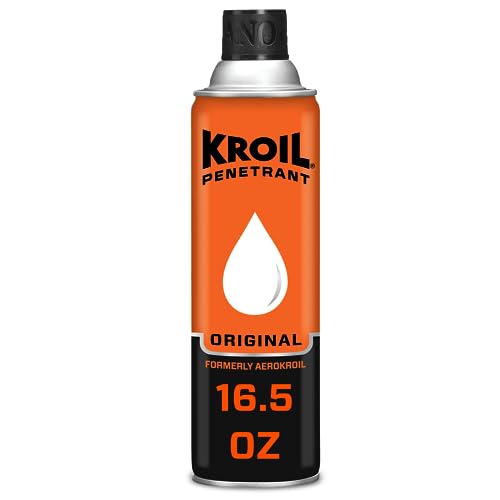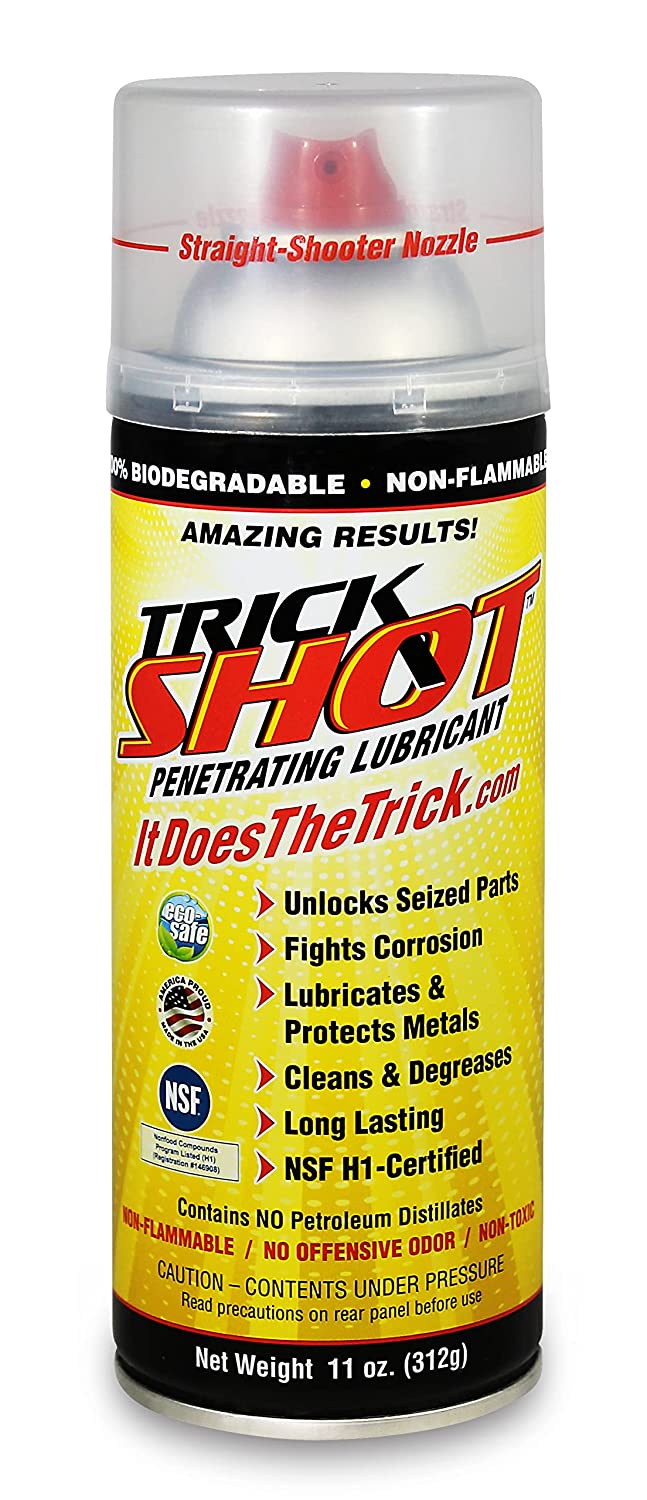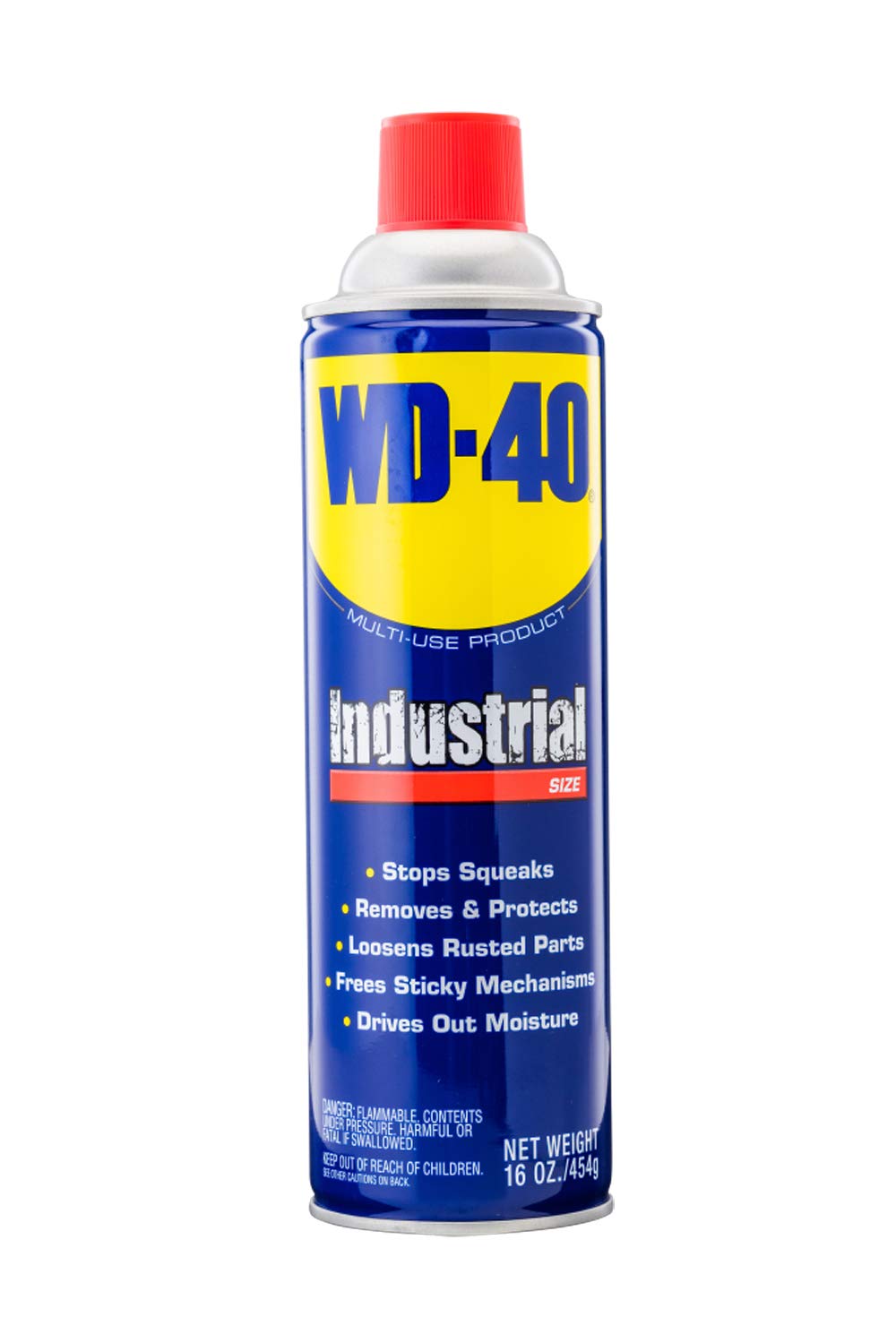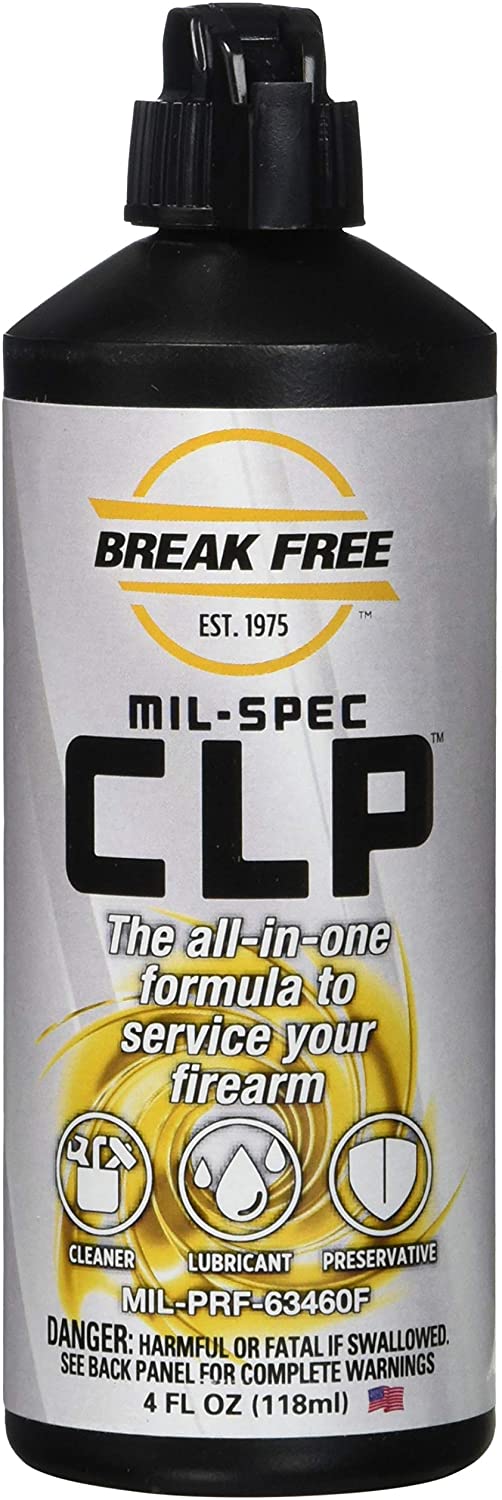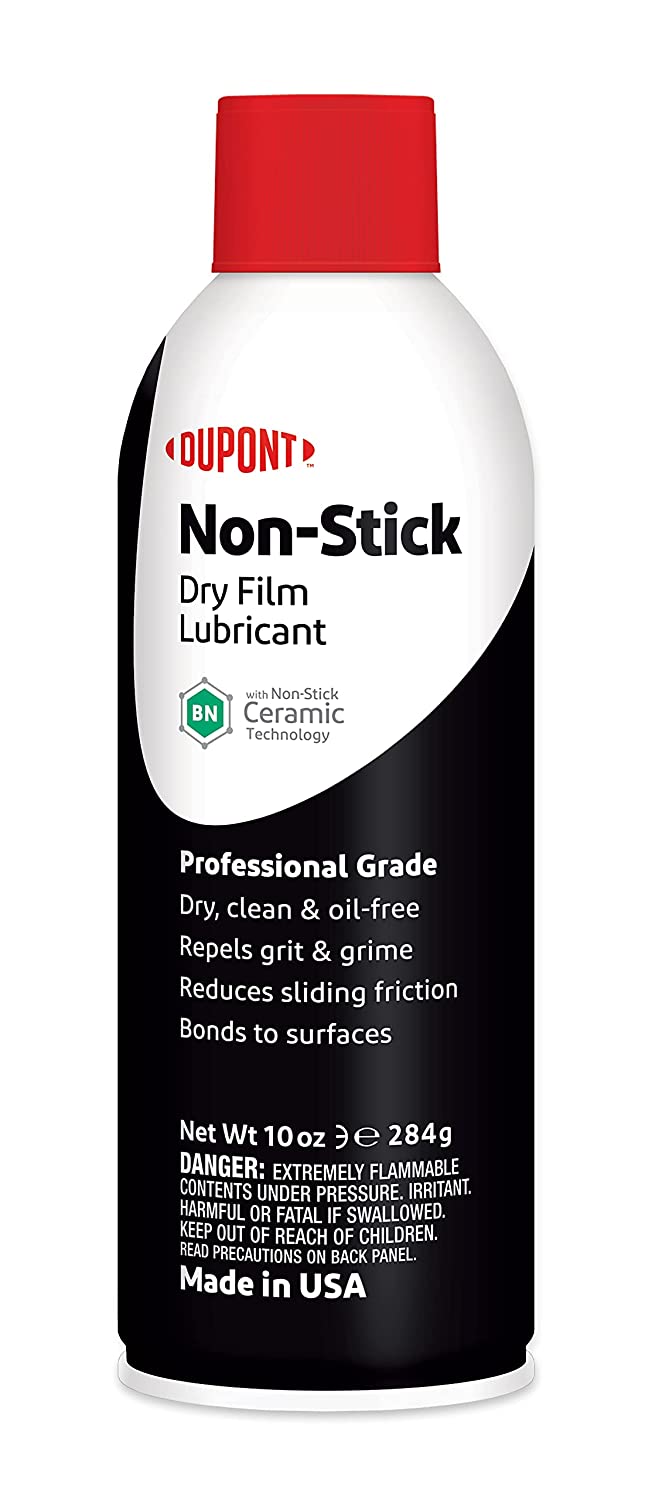OAG Heavy Gauge Steel Windshield Rack Auto Cargo Management
Last updated: August 5, 2023
With rust protection and superior strength, this industrial lubricant can protect surfaces without wearing them down. The aerosol application helps it dissolve faster while also penetrating deeper. The formula resists clumping to give you a reliable application every time.
We looked at the top Industrial Lubricants and dug through the reviews from some of the most popular review sites. Through this analysis, we've determined the best Industrial Lubricant you should buy.
Product Details
Key Takeaway: This fast-dissolving industrial lubricant can attaches well to a variety of surfaces, making it a versatile solution.
In our analysis of 15 expert reviews, the KROIL Aerokroil Penetrating Oil Industrial Lubricant placed 1st when we looked at the top 6 products in the category. For the full ranking, see below.From The Manufacturer
UNRIVALED STRENGTH: Attacks corrosion to free bolts, fasteners and other mechanical components. UNIQUE FORMULA: Removes rust and carbon deposits without attacking metal, leaving long-lasting protection. AEROSOL APPLICATION: Penetrates faster and deeper than similar products thanks to aerosol applicaiton. FLEXIBLE USAGE: Use on any corroded threads or tight parts. UNSEIZE THE DAY: Makes the toughest maintenance jobs easier, faster, safer, and simpler to execute.

